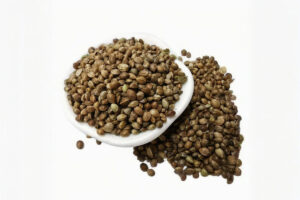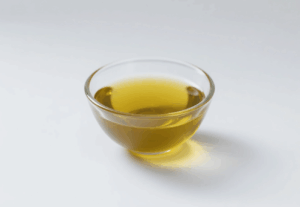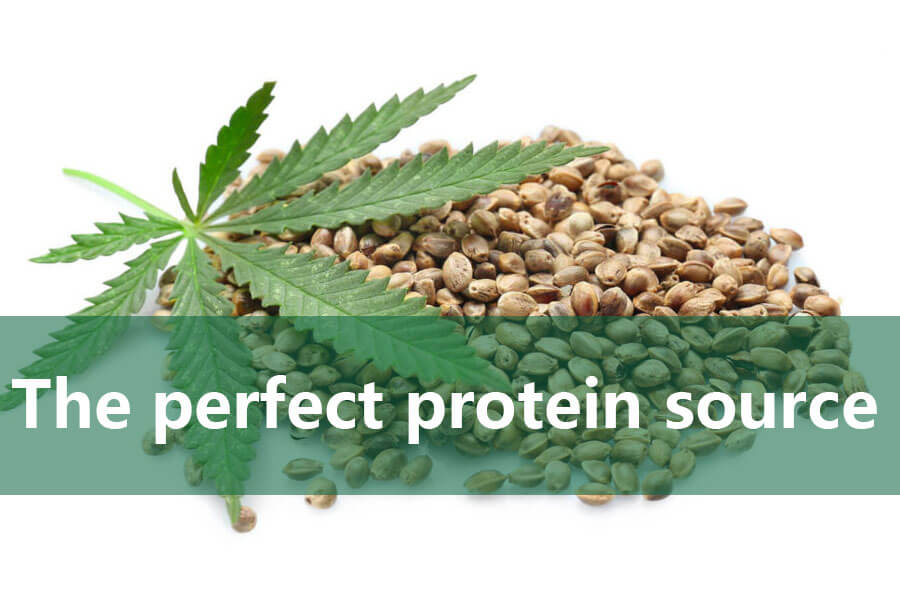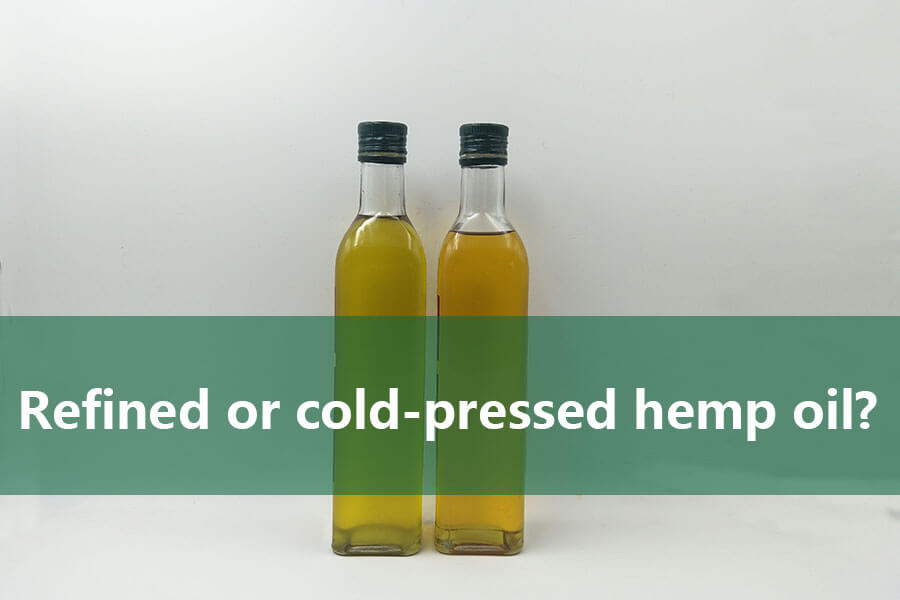You spot a bottle of hemp seed oil at Whole Foods—but hesitate. “Isn’t hemp… weed?” This confusion has cost farmers $2.3B in lost sales since 2020. Let’s cut through the haze: Organic hemp seed oil is 100% legal worldwide, while CBD oils face restrictions. Here’s your evidence-backed legality guide.
The Legal Line: Hemp Seed Oil vs. CBD Oil
| Factor | Hemp Seed Oil | CBD Oil |
|---|---|---|
| Source | Cold-pressed seeds | Extracted from flowers/leaves |
| THC Content | 0.00–0.03% (undetectable) | 0.00–0.30% (varies by country) |
| Psychoactive? | ❌ Never | ❌ (But regulated) |
| Global Legality | ✅ Legal in 195+ countries | ? Restricted in 70+ countries |
Key proof:
- UN Narcotics Convention: Exempts hemp seeds from control.
- US Farm Bill 2018: Defines legal hemp as <0.3% THC in leaves—seeds naturally contain near-zero.
Cold-Pressed vs. Refined: Legality Identical, Safety Worlds Apart
Organic Cold-Pressed Hemp Oil:
- Made by crushing raw seeds at <40°C
- Preserves omega-3/6, vitamin E, chlorophyll
- Legal status: Unrestricted (EU Novel Food ID: 2023/HSE-009)
Refined Hemp Oil:
- Chemical extraction + bleaching/deodorizing
- Removes nutrients, may leave hexane residues
- Legal status: Same as cold-pressed, but banned in organic certifications
Red flag: “Refined hemp oil” sold as “CBD-enriched” = illegal in many regions.
3 Legal Tests for Suspicious Products
- THC Lab Report Demand:
- Legit sellers provide third-party COAs (Certificate of Analysis) showing ≤0.03% THC.
- Scam alert: 12% of Amazon hemp oils contained illegal THC levels (FDA 2023 crackdown).
- Seed-Only Sourcing:
- Check company farms—must grow industrial hemp (not medicinal Cannabis sativa L.).
- Certifications to trust:
- USDA Organic (bans synthetic solvents)
- ECOCERT (traces seed origin)
- Label Linguistics:
- ✅ Legal terms: “Hemp seed oil,” “Cannabis sativa seed oil”
- ❌ Illegal/red flags: “Full-spectrum,” “Whole-plant,” “CBD-infused”
When Hemp Seed Oil Does Become Illegal
- Spiked products: Oils secretly boosted with CBD isolate (common in “beauty serums”).
- False medical claims: Selling as “cancer cure” → triggers FDA seizure.
- Cross-contamination: Non-certified oils from CBD farms test hot for THC.
Real case: 20,000 bottles recalled in Germany (2022) for 0.4% THC in “hemp seed oil.”
Travel Safe: Global Legality Cheat Sheet
- USA/Canada/EU: Fully legal (carry receipts + COA).
- Japan/South Korea: Legal if THC-free lab proof accompanies.
- China: Legal since 2021 (GB 2716-2018 standard).
- Saudi Arabia/UAE: Banned (all Cannabis derivatives illegal).
Pro tip: For air travel, choose refined hemp oil—less likely to leak and trigger K9 false alerts.
Why Cold-Pressed Organic Wins Legally and Nutritionally
| Benefit | Cold-Pressed Organic | Refined Hemp Oil |
|---|---|---|
| Omega-3:6 Ratio | Perfect 1:3 | Damaged → 1:8 |
| Vitamin E | 55mg/tbsp (367% DV) | 0mg |
| Solvent Risk | None | Hexane residues |
| Legality Safety | Higher (clean sourcing) | Lower (grey supply chains) |
Nutritional law: Degraded oils lose “organic” status per USDA rules.
Who Should Avoid Hemp Seed Oil? (Despite Legality)
- Blood thinner users: High vitamin K counters Warfarin.
- Omega-6 sensitive: May exacerbate arthritis flares.
- Allergy alert: Rare seed allergies cross-react with chocolate/kiwi.
Final Verdict
Organic hemp seed oil—whether cold-pressed or refined—is unequivocally legal when derived from seeds and containing ≤0.03% THC. Fears stem from confusion with CBD oil. For guaranteed compliance:
- Demand seed-specific COAs
- Choose certified organic cold-pressed oils
- Avoid brands using “CBD” marketing hints
“Hemp seeds are to marijuana what poppy seeds are to opium—legally distinct.”
Stop missing out on nature’s most balanced oil. Embrace certified organic hemp seed oil—the legal, nutrient-dense powerhouse that even the DEA approves. (Your salads will thank you.)
Related Products
Organic Hemp Seeds
Organic hemp seeds offer complete nutrition with optimal protein, fatty acids, and fiber content. Versatile…
Organic Hemp Seed Oil
Available in cold pressed hemp seed oil, refined hemp seed oil, hemp heart oil and…




